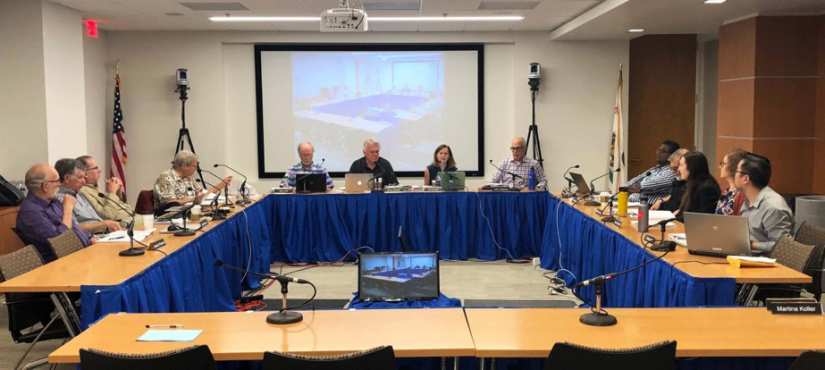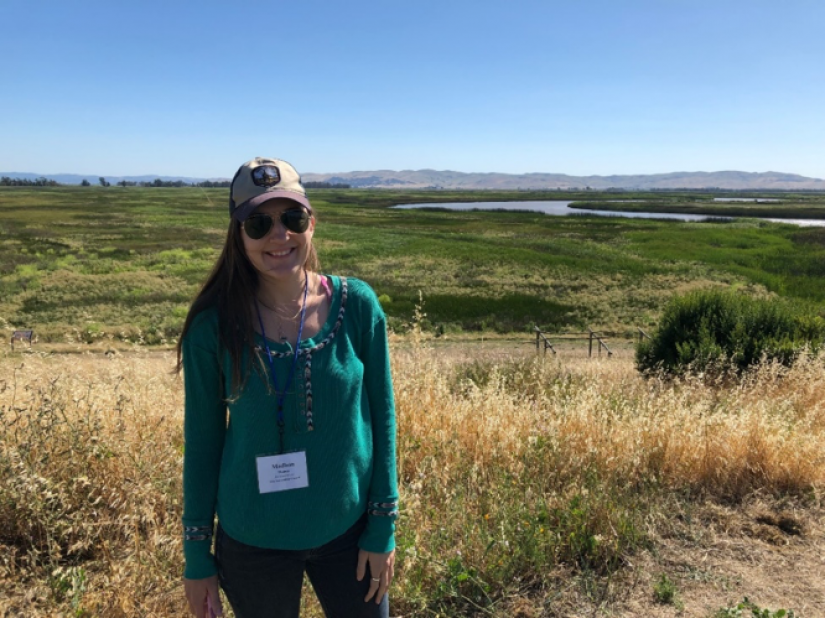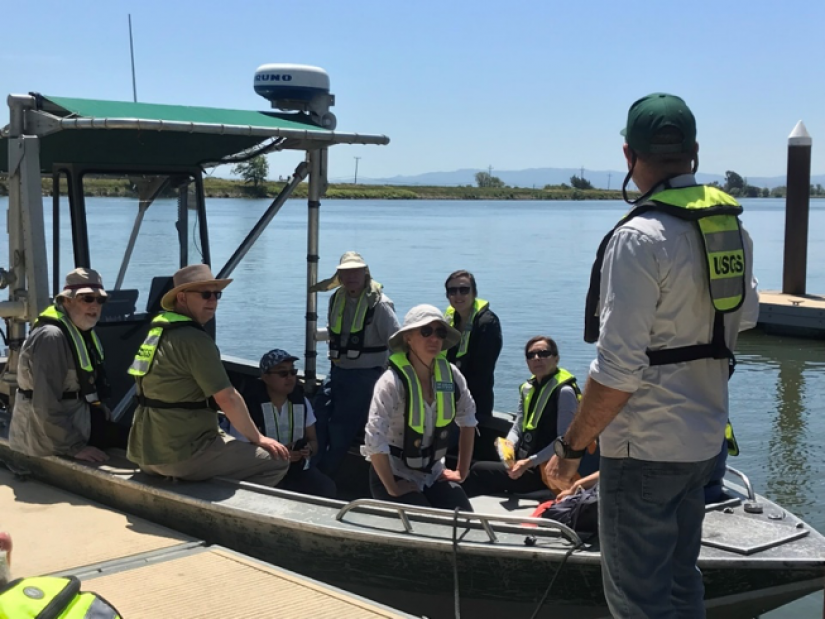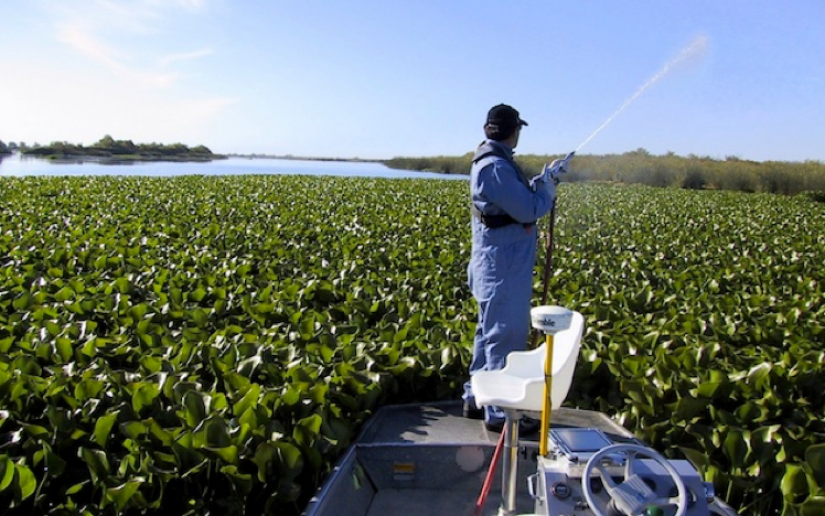
Since starting my California Sea Grant State Fellowship with Delta Stewardship Council last February, one of my primary responsibilities has been providing support to the Delta Independent Science Board, a group of ten internationally or nationally recognized scientists that provide independent oversight of various scientific programs in the Sacramento-San Joaquin Delta. The board evaluates a broad range of programs to provide findings, comments, and recommendations to better inform decision-making. Working with the board, I have realized the importance of independent oversight to the scientific community both within the delta and as a whole.
One of the ways that the Delta Independent Science Board provides guidance is writing reviews on different scientific topics in the delta. In order to gather information and give the best unbiased review on these different topics, the board reviews a wide range of documents and conducts workshops, questionnaires, and interviews with individuals from different agencies and organization in the delta.
This allows them to gather information from a multitude of perspectives to ensure an unbiased and independent review of the subject at hand. Some examples of current reviews that I have been helping with are:
- Non-native species: The board is looking at non-native species in the delta and making recommendations on managing them in a dynamic ecosystem that is constantly changing and threatened by climate change. With over 200 non-native species, the delta has been called the most invaded estuary in the world. I just completed an annotated bibliography and literature review on the topic synthesizing over 200 papers.
- Monitoring enterprise: This review focuses on creating an inventory of all monitoring projects in the delta and identifying gaps and redundancies in current programs. Scientists can use this document to inform how systems can be altered to fill in these gaps or increase efficiency. I have worked on an annotated bibliography, edited reports, and will analyze data for this review.
- Water supply reliability: Currently the board is conducting informational interviews with scientists and other technical experts with a broad range of perspectives to gauge water supply reliability in the state. A reliable water supply in California is crucial and this review will have recommendations to help inform future decision making.
My time as a California Sea Grant fellow with the council has made me think a lot about the importance of scientific oversight is and how it is used elsewhere. The foundation of information-sharing within the scientific community is through peer-reviewed journal articles. Prior to publication, articles are reviewed independently by experts in the field to ensure that the science in published articles is valid and that conclusions are sensible. The Delta Independent Science Board and boards that operate like them serve a similar role in other systems to provide independent oversight to ensure scientific credibility among programs in the system.


